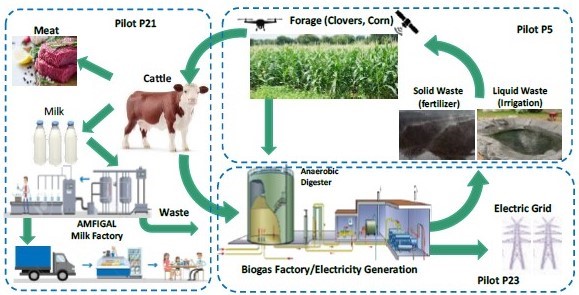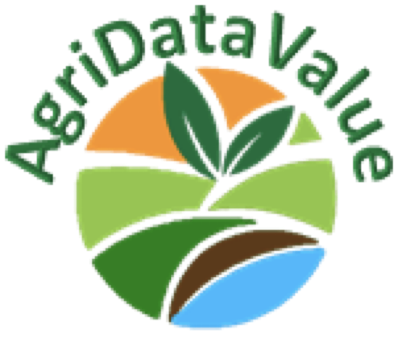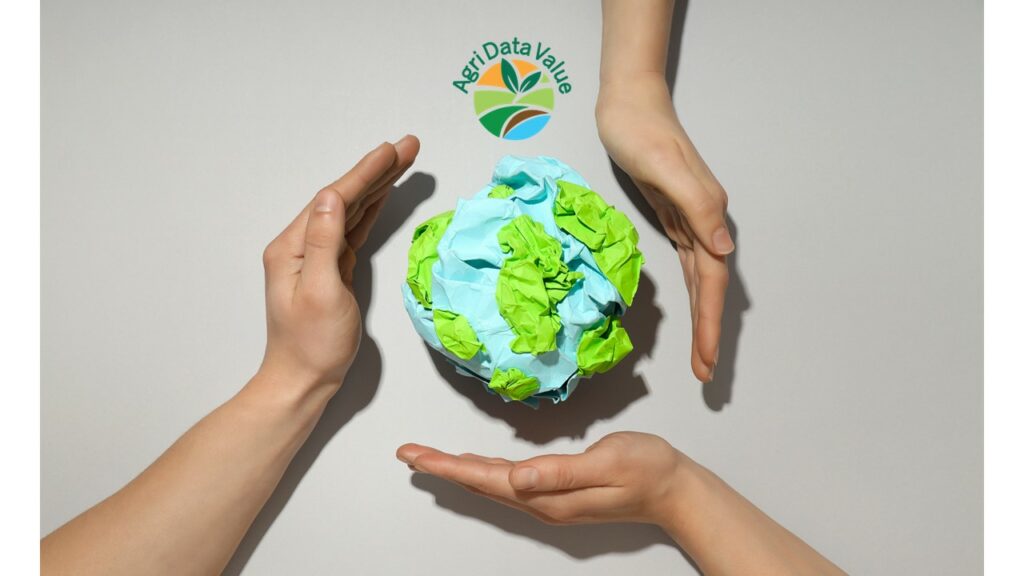Circular economy in agriculture and livestock aims to minimize waste, maximize resource efficiency, and promote sustainability throughout the production process. Instead of the traditional linear model of “take, make, dispose,” a circular approach focuses on closing the loop by reusing, recycling, and regenerating resources. By implementing circular economy principles, agricultural and livestock systems can become more resilient, reduce environmental impact, and contribute to long-term sustainability. All AgriDataValue Pilots and Use Cases have been selected to create significant impact in the agriculture domain. The project will experiment with a unique case of combining multiple pilots in a single circular economy case. It will be realized by TBA, member of Agrinio Union, one of the largest agricultural cooperatives in Greece with more than 20.000 members.

TBA is a pioneering Greek company in biological livestock (cattle “Limousin”) breeding and circular economy, core member of the Agrinio Union, one of the largest agricultural cooperatives in Greece with more than 20.000 members. With in the AgriDataValue circular economy use case, the project will experiment and model the correlation of IoT data, ranging from forage crop production, cattle feed, welfare and manure handling, biogas generation, electricity production and utilization of solid and liquid waste in biological fertilization and irrigation of crops including forage). Within the project pilot activities, a variety of IoT sensors will be utilized to improve the forage crop production and inspect climate change. The yield in turn will be used to feed cattle in the AgriDataValue pilot. Various farm and wearable sensors will be used to monitor animals’ welfare, activity, feed, calving and emissions. Manure, dairy factory waste and crop waste (including local olive mill waste) will be used to feed two anaerobic digesters to produce biogas, which is then utilized by an 5MW electricity generator. The anaerobic digesters waste will be utilized as organic fertilizers in the form of compost (solid waste) and irrigation water (liquid waste). AgriDataValue aims to create significant impact, as it will contribute to reducing air, water and soil pollution, via tools to optimize irrigation, fertilisers and pesticides moving towards a circular economy and improving waste management.


